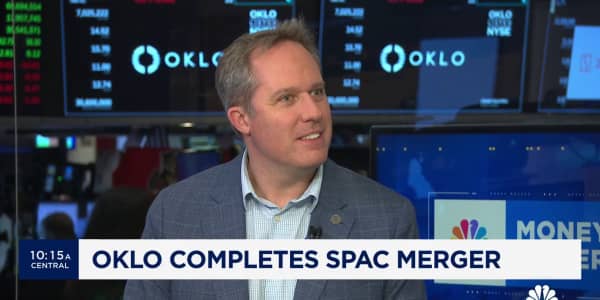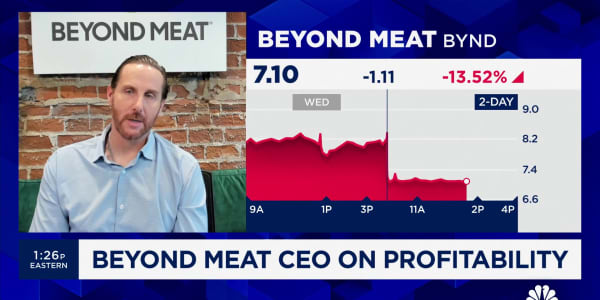If a stock market Moses ever had delivered to him 10 Commandments for initial public offerings, he'd probably find that Facebook violated just about every one of them.
A week after the ubiquitous social network's stunning IPO flop, Wall Street is still trying to figure out exactly what went wrong.
While not specifically targeting the Facebook IPO, Nicholas Colas, chief market strategist at ConvergEx in New York, has come up with just such a list of "musts" for IPOs. By the Colas standard, the Facebook IPOmight find itself doomed for all eternity.
"No need to name names here, because it is not the point of this note to rewarm the leftovers of an already well-publicized failure," Colas said in his daily missive to clients. "Rather, as I watched the drama unfold in all its can't-look-away-from-the-car-accident glory, it occurred to me that the wounds of the past week were somewhat self-inflicted."
Here's a look at the Colas "commandments" and a view of how they apply to the Facebook situation:
1. Create the illusion of scarcity. How did a where an Amazon succeeded? Both were out-of-the-gate busts, but Amazon was able to lick its wounds and move ahead because it started out small with its offering.
Facebook, conversely, flooded the market with shares that fell 24 percent in the first three trading days.
Amazon lost 46 percent in its first three days back in 1997 but rallied 233 percent over the next six months in part because its IPO was more than 300 times smaller than Facebook's and thus able to attract demand.
"If shares of FB were to show a similar rebound to AMZN over the next six months, its market cap would have to rise to $227 billion, which would put it in a tie with IBM as the fourth largest company in the United States," Bespoke Investment Group said in a recent analysis. "Just because anything is possible, doesn't mean it is likely."
2.Maintain a consistent narrative. In the days leading up to the Facebook IPO, news broke that its revenues were falling and General Motors was pulling its ads. Bad narrative.
3. Make management available to investors. The Facebook roadshow was pretty much an unmitigated disaster even though CEO and co-founder Mark Zuckerbergdid show up.
Some investors felt like in Zuckerberg's mind he was doing them a favor. Contrast that with former Chrysler chief Lee Iacocca, whom Colas said investors called "Sinatra" because of his flashy roadshow appearances.
and Facebook have come under extreme fire for not being forthcoming with information. Lawsuits are following. Very bad.
5. Know who is buying. Colas stresses knowing the difference between "real" buyers who actually want the stock and "flippers" who can't wait to sell or lend it for short-selling, which already has become a major storyline of the Facebook IPO.
6. The IPO is just the "first date." "As a company (you) want your IPO to work on day one, week one and month one," Colas writes. "It will pay dividends when you come back to the capital markets. And, trust me, you'll be back."
7. Know who is selling. See the Fifth Commandment. "Have a home for those shares," Colas suggests.
8. Retail is different. Confusion surrounded individual investors and small firms: Did they own? Didn't they own? What price did they get? Were their orders filled? Too much chaos can kill even the best IPOs.
9. Bankers — manage your client. "If the client comes to feel that they know more about the process than their bankers, and is allowed to act on that impulse, you can turn out the lights and head home," Colas says. "The deal isn't going to work."
10. Don't be afraid to walk away. A badly managed IPO should not go to market, period.
For instance, numerous traders complained about the half-hour delay experienced before opening Facebook last Friday. But they complained even more that the mechanics still weren't worked out once trading opened, creating a bad taste right from the start.
"There are rules to doing an initial public offering," Colas warns. "By and large investment banks follow these commandments to the letter. But when they don't, well, that's when someone loses an eye."
Questions? Comments? Email us at
Follow Jeff @ twitter.com/JeffCoxCNBCcom
Follow NetNet on Twitter @ twitter.com/CNBCnetnet
Facebook us @ www.facebook.com/NetNetCNBC






